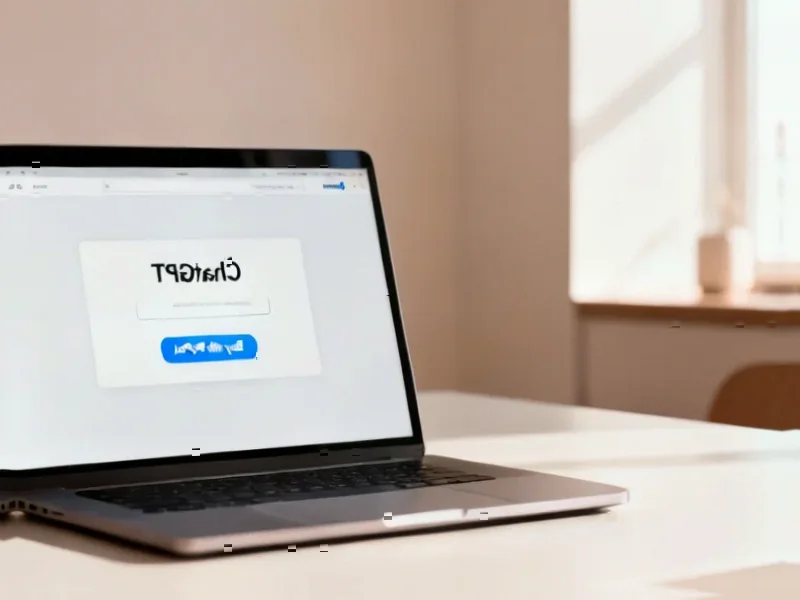According to Business Insider, KPMG is completely reimagining the role of junior consultants by having them manage teams of AI agents rather than doing traditional grunt work. The Big Four firm’s global AI workforce lead Niale Cleobury said they want juniors to become “managers of agents” who oversee digital assistants capable of creating presentations, analyzing data, and conducting research. KPMG is building a catalog of these AI agents and has started testing the approach in some locations, though it’s still early stages. The firm launched an AI-powered platform called Velocity in February and is adding agentic capabilities to it, with voice interaction features expected soon. While PwC is cutting entry-level hiring by a third over the next three years, KPMG’s Sam Gloede said she doesn’t expect AI to affect headcount—just change the shape of roles.
The consulting revolution is here
This is basically the end of the traditional consulting career path as we know it. Remember those stories about new analysts pulling all-nighters formatting PowerPoint slides? That’s becoming ancient history. Now juniors will be telling AI what to do rather than doing the work themselves.
Here’s the thing—this shift makes perfect sense. Consulting has become so bogged down in documentation and planning that it’s moved away from actual strategic advice. Cleobury admitted as much, saying consultants have drifted from “the core of what we used to be.” AI could actually bring them back to being true advisors rather than glorified project managers.
Career acceleration or skill gap?
KPMG insists this will accelerate careers rather than eliminate them. Gloede remembers feeling frustrated early in her career, wondering when she’d become a specialist. She says juniors will now get there “a lot quicker.” Instead of transcribing notes, they’ll be analyzing insights and crafting recommendations from day one.
But is jumping straight to strategy actually good for development? There’s something to be said for understanding the fundamentals by doing the work yourself. When you’ve personally wrestled with messy data or struggled to build a coherent presentation, you develop instincts that might get lost when you’re just managing AI outputs.
This is a Big Four trend, not just KPMG
KPMG isn’t alone in this thinking. PwC has said new accounting hires will be doing manager-level roles within three years because they’ll oversee AI handling routine audit tasks. JPMorgan executives have talked about staff becoming managers much earlier thanks to “digital colleagues.”
So we’re looking at a fundamental restructuring of white-collar entry-level positions across multiple industries. The grunt work that used to teach young professionals the ropes is being automated, and companies are betting that throwing juniors into strategic roles earlier will work out.
The human element still matters
What’s interesting is how KPMG frames this—they’re not talking about replacing humans, but about humans working alongside AI teams. Cleobury described the ideal consultant as “that person who’s got the strong hand on our client’s back, showing them the direction they need to go” while agents handle background work.
The big question is whether this actually plays out as smoothly as they’re hoping. Managing AI effectively requires different skills than doing the work yourself. And let’s be honest—sometimes the best insights come from getting your hands dirty with the data rather than having an AI summarize it for you.
This could either be the smartest move consulting has made in decades or a massive experiment that creates a generation of consultants who never really learned the fundamentals. Only time will tell, but one thing’s clear: the days of the junior consultant as PowerPoint monkey are officially numbered.




